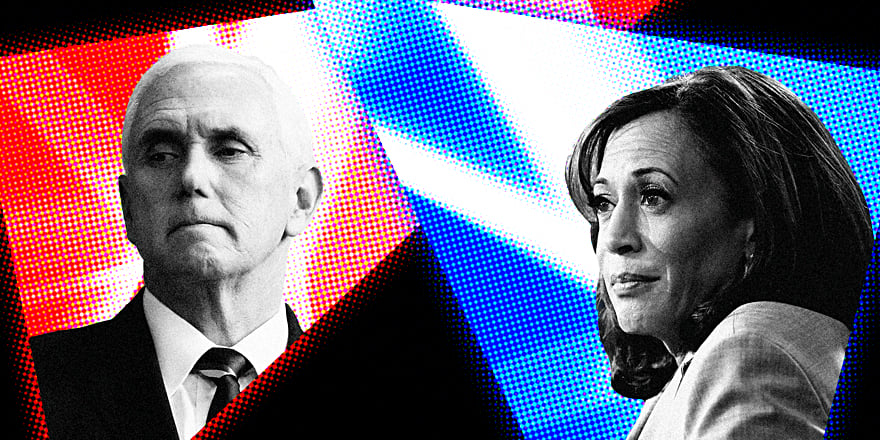
Oct 7, 2020 12:00:00 AM
With elections around the corner, political opponents all around the country are sparring off against one another in televised debates. This includes, but is not exclusive to the presidential debates.
Considering the fact that these events will dominate the news cycle for the next month, [pullquote]it is a good idea to teach your students more about political debates, and more importantly, how they should watch them.[/pullquote] How should one go about this?
Adults often take for granted that students will know what a debate is and what it is for. That is not necessarily the case. We have to tell them. A good working definition of a political debate is a forum in which candidates for a particular office argue their merits for the job and counter opposing viewpoints.
It is important to actually watch some debates in class. It isn’t necessary to watch the whole thing, and you probably shouldn’t. Watch the debate yourself beforehand and pick out relevant parts or portions to dissect and talk about. Remember, they are still teenagers with short attention spans. You get more bang for your buck with clips and follow up discussions. We all know a class shouldn’t be just teacher talk time … well, it shouldn’t just be the candidates talking either.
Students should be familiar with the key issues before they watch the debate. Candidates typically don’t teach the audience about the issues during the debate. They provide their opinion and commentary on the issues and typically frame them in a way that is favorable to their side. [pullquote position="right"]If students know the issues, they will be better able to engage with the debate and even hold politicians accountable for telling the truth.[/pullquote] It’s hard to know when someone is lying if the only authority you have ever heard on the issue is the candidates themselves.
Local politics are often neglected, but truthfully, they have more impact on people’s daily lives. There are debates for local positions, too. Often times the local debates are better examples of proper debate due to the fact that there is less attention given to them, thus, less pageantry. Mix those in with the clips of presidential debates.
After researching the issues and watching the debates, students should be able to participate in a mock debate themselves. Debating issues is not only fun for students, but it is also a high-level skill that—as we have recently seen—many adults don’t even have.
Debates can be a fun way to get students engaged in the political process. Just don’t be that teacher who throws on a YouTube rerun of the debate for an hour with the false assumption that you're actually teaching them something.
Andrew Pillow is a fifth grade social studies teacher at KIPP Indianapolis, a charter school where he has taught since 2011. He is also a former Teach Plus Policy Fellow and he has taught technology and social issues.
Few issues in education spark more tension and debate than standardized testing. Are they a tool for equity or a burden on students? A necessary check on school systems or a flawed measure of...
Charter schools are public schools with a purpose. Operating independently from traditional school districts, they're tuition-free, open to all students, and publicly funded—but with more flexibility...
Despite the benefits of a diverse teaching force, prospective teachers of color fall out of our leaky preparation pipeline at every stage: preparation, hiring, induction, and retention. Here’s what...
Ed Post is the flagship website platform of brightbeam, a 501(c3) network of education activists and influencers demanding a better education and a brighter future for every child.
© 2020-2025 brightbeam. All rights reserved.
Leave a Comment